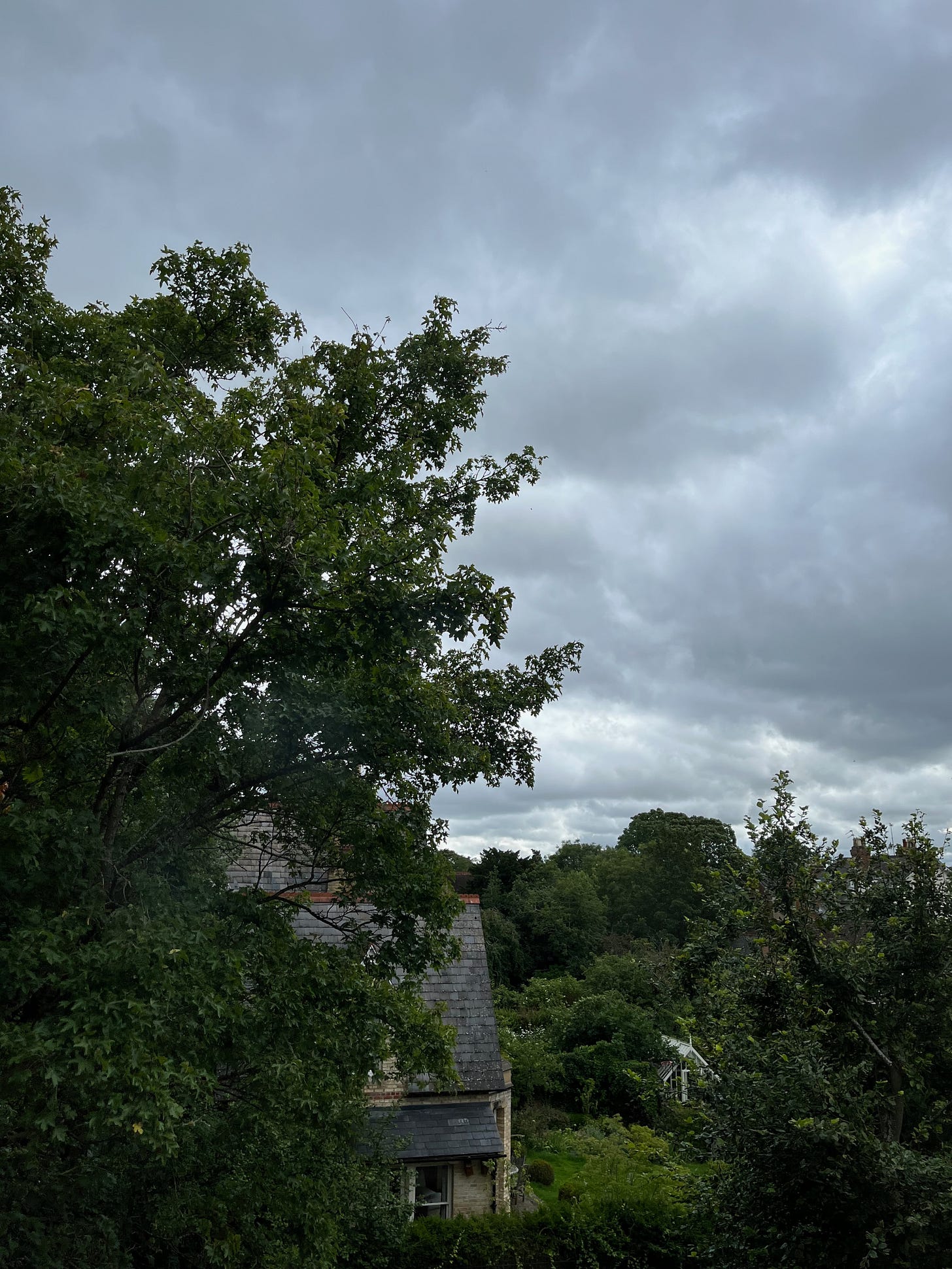Blighted Blighty
Au revoir to post-Brexit Britain + Germany, Europe & Ukraine + An interview without words
History of the Present (fortnight ending 29 July 2023)
Blighted Blighty
I'm just packing up to head off for my usual summer sojourn at Stanford. Since 2016, Stanford friends and I have had an annual dark humour contest: who is doing worse, the US or the UK? I must admit that in the prospect of the return of Donald Trump as President …
Keep reading with a 7-day free trial
Subscribe to History of the Present to keep reading this post and get 7 days of free access to the full post archives.


